10 Airport Habits That Help + 7 Gate Mistakes That Can Ruin Your Trip

Airports can feel like a whirlwind of lines, loudspeakers, and last-minute dashes—unless you know how to move through them like a pro. Over the years (and dozens of boarding calls), I’ve picked up some key habits that make a huge difference before you even reach your seat on the plane. Spoiler: it’s not just about arriving early.
Are you guilty of clogging the boarding lane too soon? Or maybe you’ve skipped checking your gate right before departure—only to realize it changed? From choosing the right security line to what not to wear through TSA, the little decisions matter.
In this guide, I’ll walk you through the smartest airport routines and flag the common mistakes that trip up even seasoned travelers. Because a relaxed start often sets the tone for the rest of your journey—why not make it a good one?
1. Arrive with Time
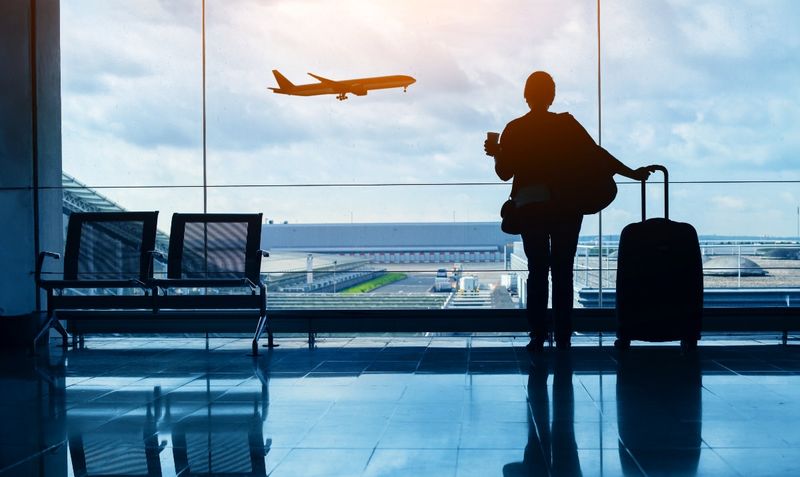
Running through terminals with sweat dripping down your face is never a good start to any trip. I always aim to arrive at least two hours before domestic flights and three hours for international ones. This buffer gives me breathing room for unexpected traffic, long security lines, or finding my gate.
The extra time means I can grab a bite to eat without rushing or browse duty-free without checking my watch every minute. Plus, early arrival means better seat options if your airline has open seating.
My travel anxiety drops significantly when I’m not racing against the clock. That peace of mind alone is worth setting my alarm a bit earlier.
2. Forgetting Charger at Gate

Left my phone charger plugged into that gate outlet once and didn’t realize until I was 30,000 feet in the air. Talk about a rookie mistake! Now I have a strict mental checklist before leaving any gate area.
Without a charger, your phone becomes a ticking battery time bomb. This is especially problematic when you’re relying on mobile boarding passes, hotel confirmations, and ride-share apps at your destination.
Make it a habit to scan your seating area before boarding. I now set an alarm on my phone labeled “Check for charger” that goes off 5 minutes before my boarding time.
3. Pack Documents Accessibly
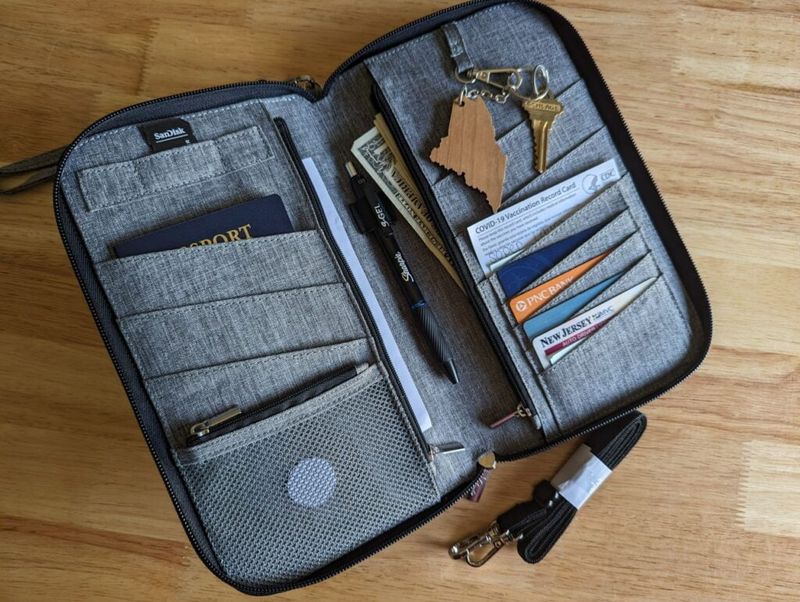
Fumbling through your bag while holding up the security line isn’t just embarrassing – it’s avoidable! I use a designated travel wallet that sits right at the top of my carry-on. Inside goes my ID, boarding pass, passport, and any other documents I’ll need to present.
This simple organization trick saves precious minutes and prevents the panic of not finding important documents. The key is consistency – always return items to the same spot after use.
For international travel, I also keep a photocopy of my passport and extra passport photos in a separate compartment. If anything gets lost, having backups has saved me hours of embassy visits.
4. Blocking the Gate Area
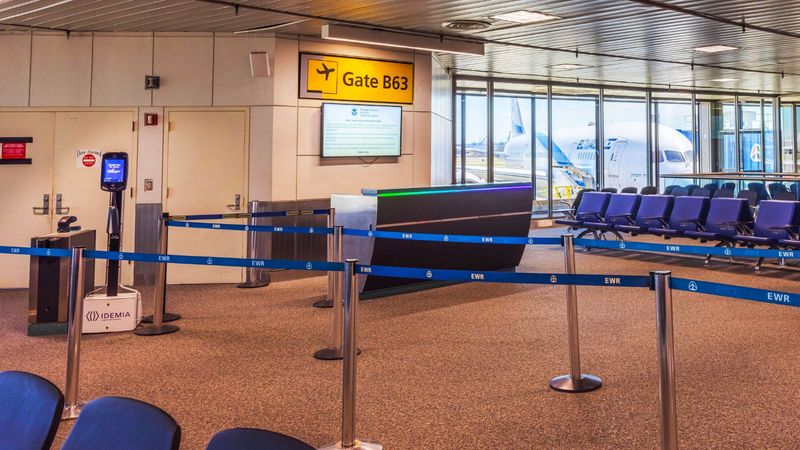
Have you noticed those passengers who plant themselves directly in front of the boarding gate, creating human roadblocks? I’ve seen this cause unnecessary congestion and frustration for everyone trying to navigate the area.
When travelers cluster around the gate before their boarding group is called, they block pathways for those who actually need to board. This creates a domino effect of confusion and delays the entire boarding process.
Instead of hovering, find a seat nearby where you can watch the gate and listen for announcements. If seats are full, stand along the perimeter rather than in high-traffic paths. Your fellow travelers will silently thank you.
5. Check Terminal Ahead
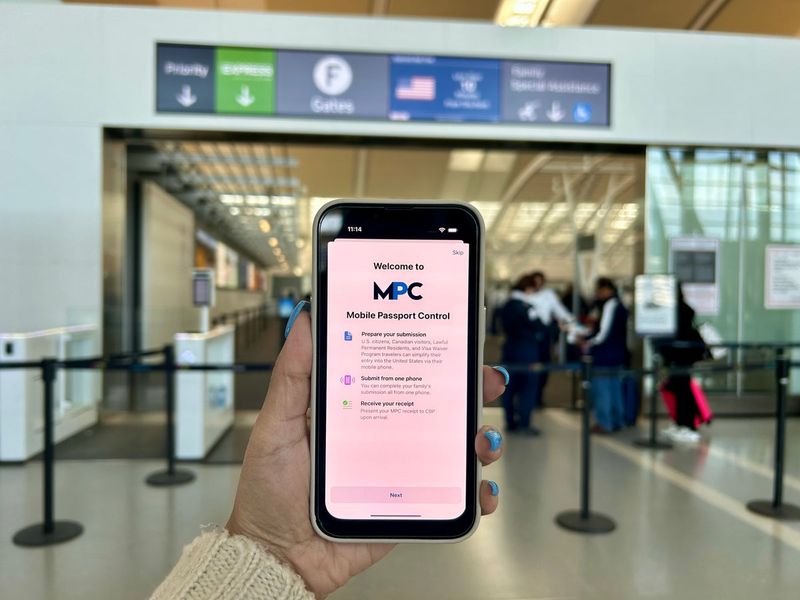
Nothing spikes my travel stress faster than realizing I’m in Terminal A when my flight departs from Terminal D in fifteen minutes! Before heading to the airport, I always verify my departure terminal and gate in the airline app.
Large airports can span miles between terminals, sometimes requiring trains, buses, or long walks. Knowing exactly where to go saves precious time and prevents panicked sprints through corridors.
If you have a connection, this habit becomes even more crucial. I check the arrival and departure gates for my connecting flight before my first flight lands. This preparation gives me a mental map of my journey through the airport.
6. Bring Refillable Bottle
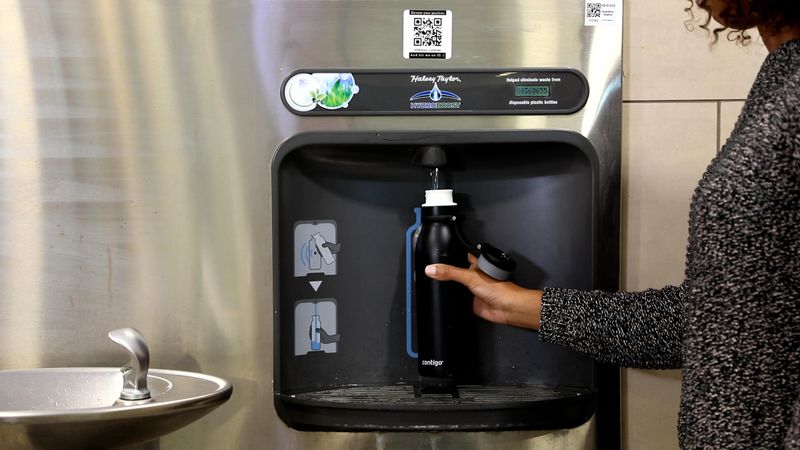
Airport water prices are ridiculous! I once paid $7 for a small bottle that cost less than a dollar outside. My collapsible water bottle has been a game-changer for my travel budget and environmental footprint.
Most airports now have filtered water stations past security where you can fill up for free. I bring my empty bottle through security, then fill it before boarding. This keeps me hydrated during the flight without spending a fortune.
Staying hydrated also helps combat jet lag and keeps your immune system stronger. As a bonus, having your own bottle means you’re not dependent on infrequent beverage service during your flight, especially on budget airlines that charge for water.
7. Line Up Too Early
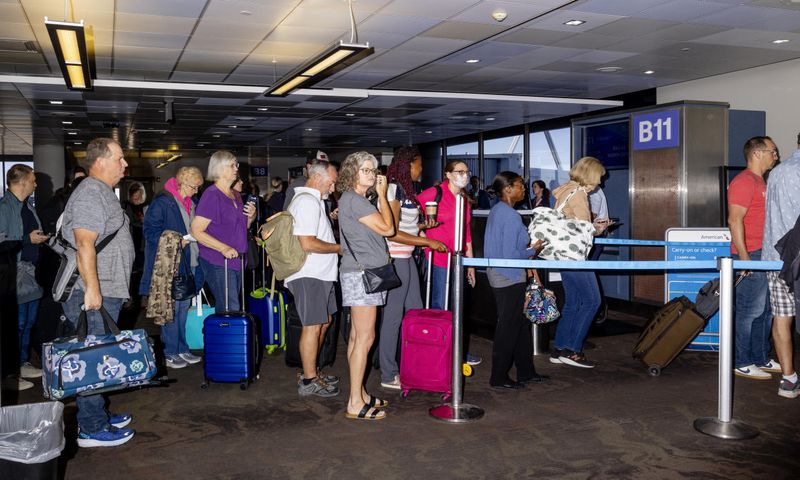
Hovering anxiously by the gate an hour before boarding won’t get you on the plane any faster! I’ve watched travelers abandon comfortable seats to stand in pre-boarding lines for 45+ minutes, looking increasingly miserable as time passes.
Most airlines have specific boarding groups or zones, meaning early lining up just results in gate agents asking you to step aside anyway. This creates confusion, congestion, and unnecessary standing time that drains your energy before the flight.
If you’re worried about overhead bin space, signing up for the airline’s credit card or loyalty program often grants earlier boarding privileges. Otherwise, stay seated until your specific group is called—your feet will thank you after a long travel day.
8. Overpacking Carry-On Bag
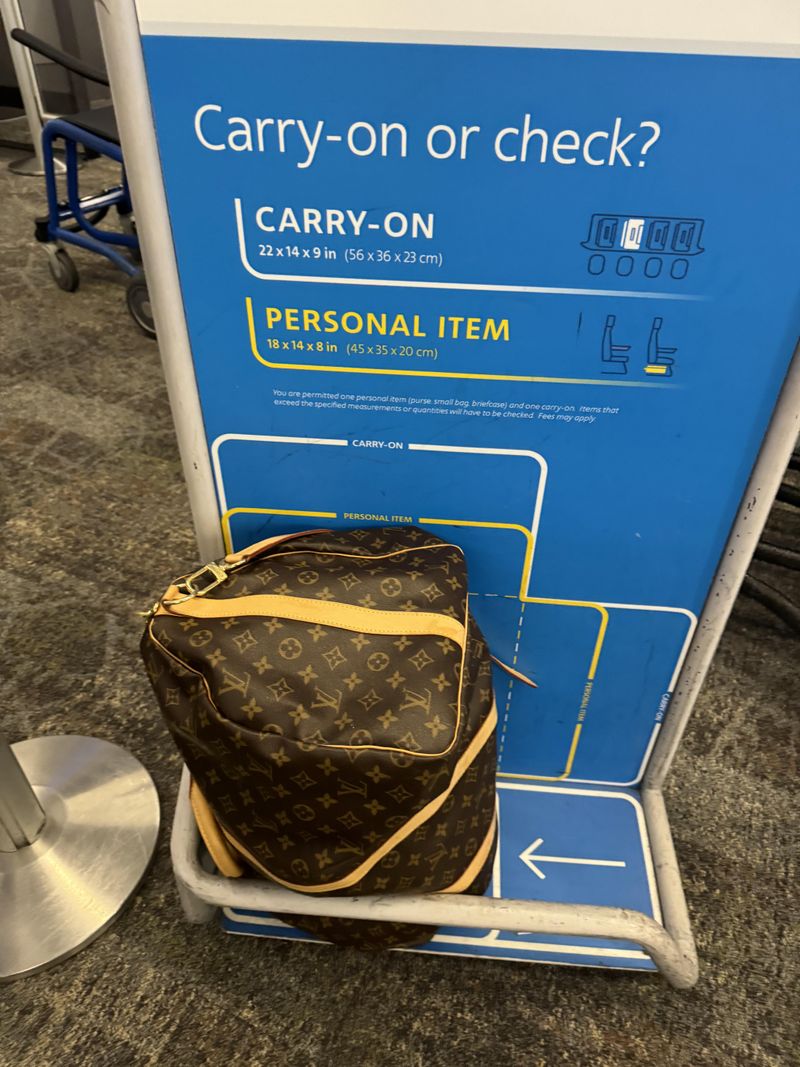
Stuffing your carry-on until the zipper barely closes creates a gate nightmare! I’ve witnessed countless travelers forced to frantically redistribute belongings when their bulging bags don’t fit in the sizer.
When your carry-on exceeds size limits, gate agents may force you to check it last minute. This often means separating from valuables, medications, or electronics you planned to keep with you. Plus, you’ll likely face unexpected checked bag fees.
Measure your bag before leaving home and weigh it if your airline has weight restrictions for carry-ons. Leave some empty space for souvenirs or purchases. Remember that your bag needs to fit in overhead bins, which are smaller on regional jets.
9. Use Airline App

My phone has become my most valuable travel tool since I started using airline apps. They provide real-time updates about gate changes, delays, and boarding times often before announcements are made over the PA system.
Digital boarding passes eliminate the worry of losing paper ones. Most airline apps also show terminal maps, tracking for checked bags, and seat change options if you’re hoping for something better.
During disruptions like weather delays or cancellations, the app often lets you rebook without standing in long customer service lines. I once rebooked a canceled flight while still on the runway of my previous flight, grabbing one of the last available seats.
10. Ignoring Gate Announcements
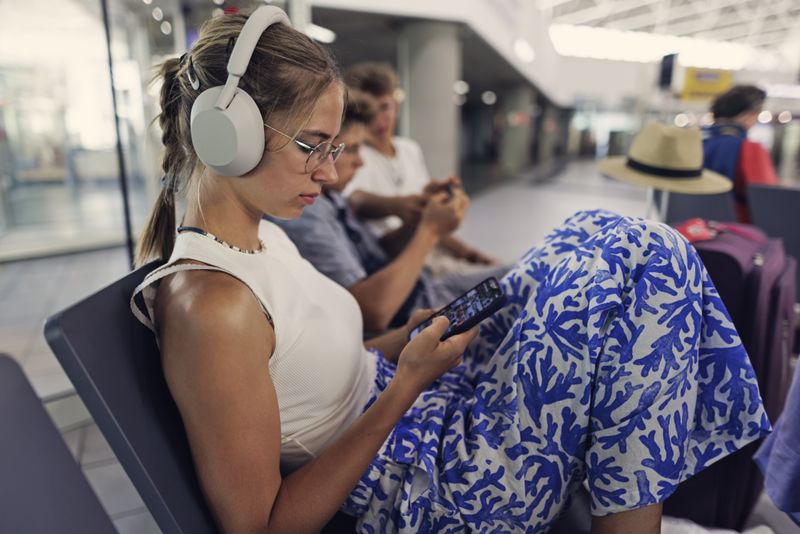
Those announcements might seem like background noise, but missing one could mean missing your flight! I’ve seen travelers with headphones blasting, completely oblivious to gate changes or boarding calls.
Gate agents typically announce important updates like boarding sequences, seat changes, or delay information. Even if you’re using the airline app, technical delays can mean the verbal announcements come first.
Keep one ear free if you’re using headphones, and regularly glance at the departure screens. If you notice people around you suddenly packing up or lining up, take that as a cue to check what’s happening. Being alert has saved me from missing connections more than once.
11. Not Checking Gate Changes
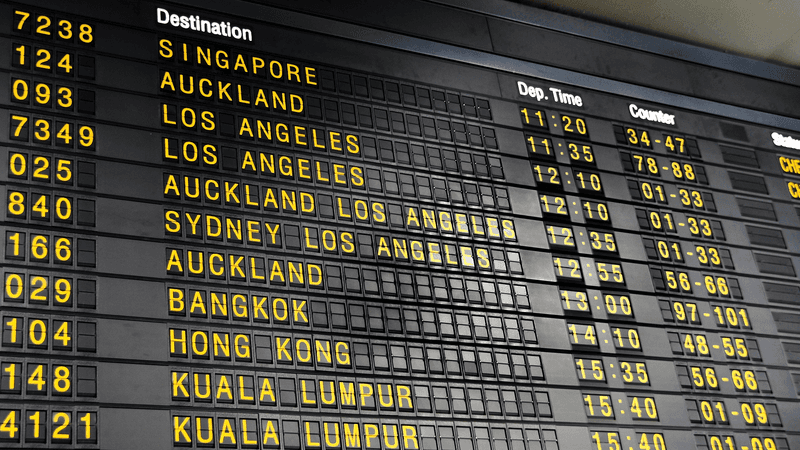
Gates change more often than you’d think! I nearly missed a flight to Chicago because I settled at the original gate printed on my boarding pass without noticing it had changed to the opposite end of the terminal.
Airlines reassign gates for many reasons: delayed incoming aircraft, maintenance issues, or airport congestion. These changes might be announced overhead, but if you’re in the restroom or have headphones on, you’ll miss them.
Make a habit of confirming your gate on departure screens every 30 minutes. Even better, set up notifications on your airline’s app. This simple check has saved me from the heart-stopping realization that my plane is boarding elsewhere with just minutes to spare.
12. Keep Essentials Handy
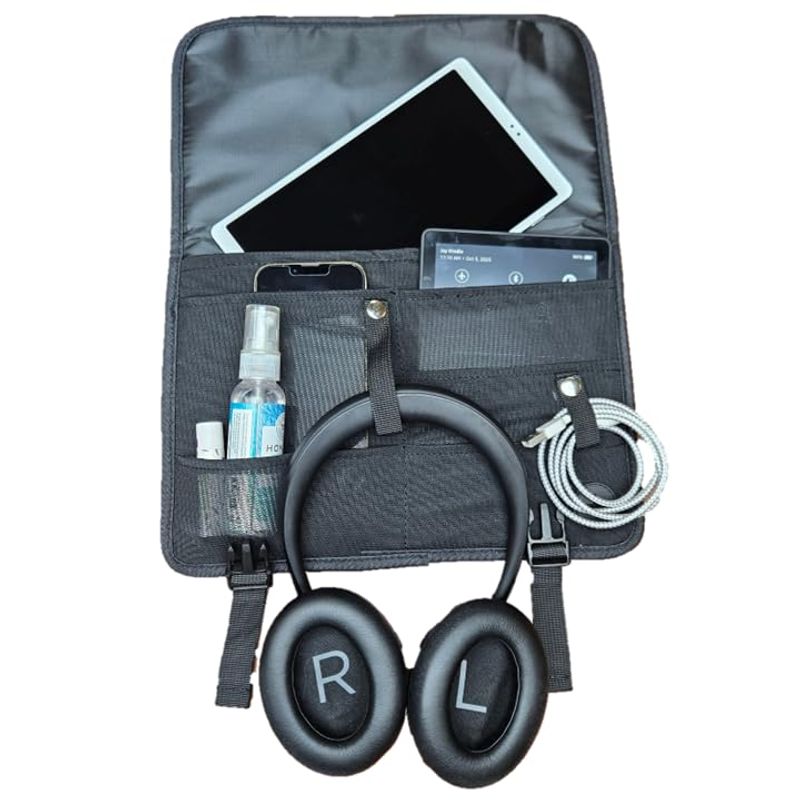
Digging through your bag mid-flight while your seatmate pretends not to notice is awkward for everyone! I organize a small pouch with flight essentials that stays easily accessible in my seat pocket.
My must-haves include headphones, chapstick, hand sanitizer, medication, and a snack. Having these items readily available means I’m not constantly reaching for the overhead bin or disturbing others to access my bag under the seat.
This approach also prevents me from accidentally leaving important items behind when I store my larger bag overhead. Nothing’s worse than realizing your headphones are in your carry-on after the cabin door closes and bins are locked for takeoff.
13. Taking Someone Else’s Seat
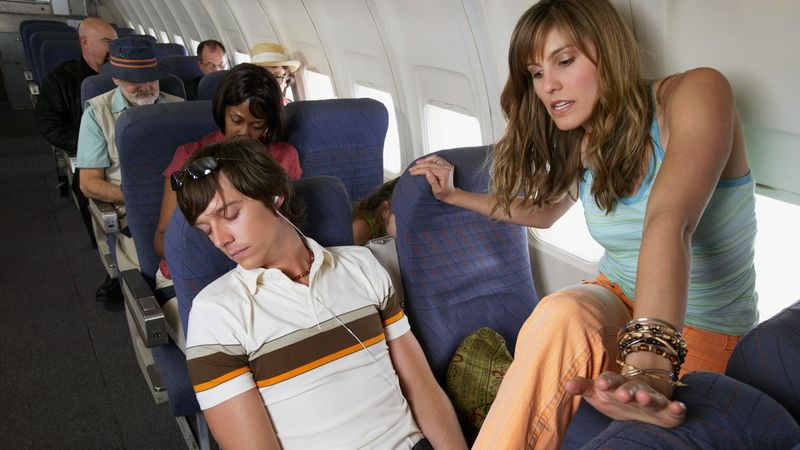
Finding someone sitting in your assigned seat creates an awkward confrontation nobody wants! I’ve witnessed heated exchanges when passengers decide to upgrade themselves to empty premium seats or simply sit wherever they please.
While it might seem harmless to take an empty seat, this creates a domino effect of confusion. The rightful passenger arrives, confrontations occur, and flight attendants must intervene, delaying departure for everyone.
If you want a different seat, ask the gate agent before boarding or speak with flight attendants once everyone’s seated. They can tell you which seats are truly available. Most airlines now charge premium prices for certain seats, so taking them without payment isn’t just inconsiderate—it’s technically theft of service.
14. Ask Crew for Updates
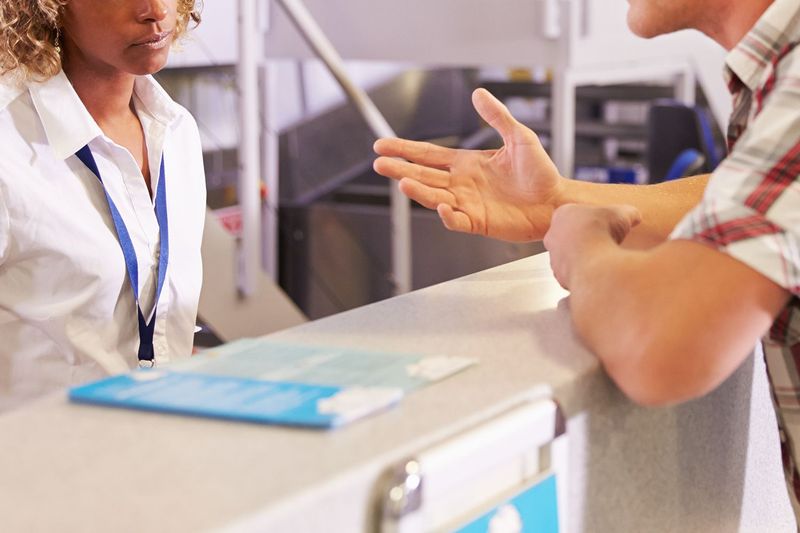
Flight crews often have information before it’s announced to everyone. When my flight was delayed without explanation, a polite question to a passing flight attendant revealed we were waiting for a connecting passenger whose previous flight was late.
During delays or disruptions, gate agents and flight attendants typically receive updates first. A respectful inquiry can give you valuable information about expected departure times, connection impacts, or rebooking options.
The key is timing and courtesy. Approach crew members when they’re not busy with other tasks, introduce yourself politely, and ask specific questions. This insider knowledge helps you make better decisions about connections or alerting people waiting for you at your destination.
15. Confirm Flight Status
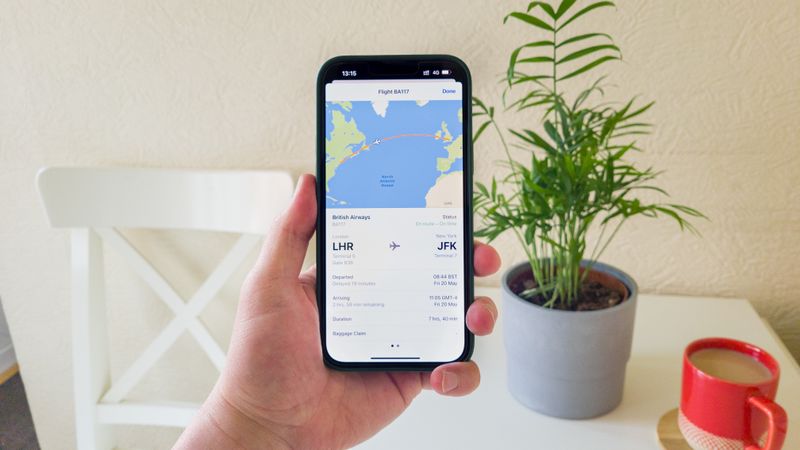
Weather conditions can change flight schedules in minutes! I always check my flight status before leaving for the airport, potentially saving myself hours of terminal waiting or rushed rebooking.
Airline apps or websites show current departure times and any known delays. This real-time information helps adjust your airport arrival time accordingly. If significant delays are expected, you might have time for a proper meal at home rather than expensive airport food.
For early morning flights, checking the night before is equally important. I once discovered my 6 AM flight was canceled while still at home, allowing me to rebook immediately rather than learning at the check-in counter with dozens of other stranded passengers competing for limited seats.
16. Stay Calm and Courteous
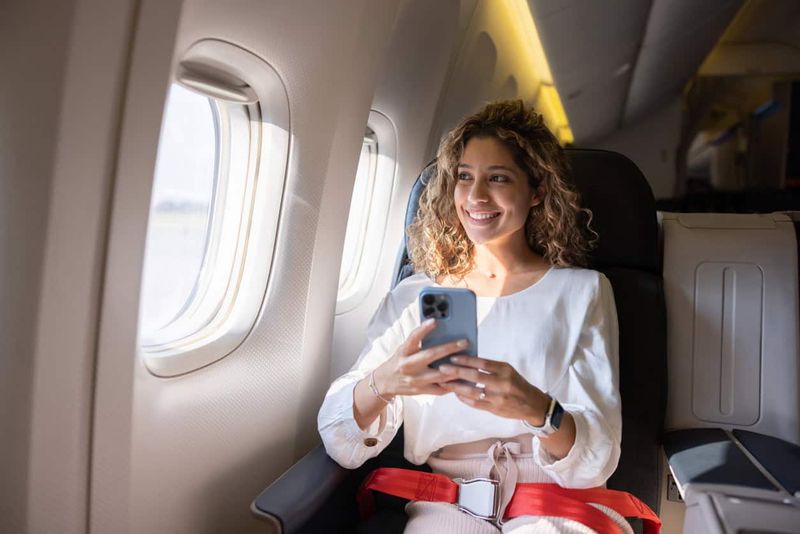
Losing your cool won’t make planes leave faster or bags appear sooner! I’ve witnessed travelers scream at gate agents over weather delays—as if staff control the weather. This behavior never improves situations and often makes them worse.
Gate agents and flight attendants have significant discretion in helping passengers during disruptions. Those who remain respectful often receive better solutions than those who lash out. When my flight was canceled, the agent I approached calmly found me a seat on a partner airline while angry passengers were still waiting.
Travel disruptions happen to everyone eventually. Deep breaths, perspective, and kindness go further than demands. Remember that frontline staff are dealing with multiple frustrated travelers, not just you.
